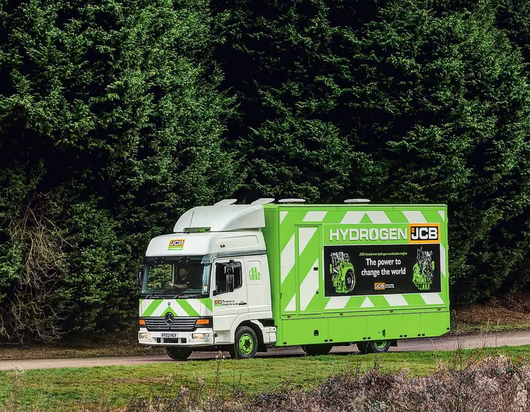Hydrogen gas as fuel
for greener
transport
Imagine a car journey from London, England to Rome, Italy.
For a car to drive this distance with diesel or petrol it would cost roughly €290. The journey will emit 422 kg of CO2 into the atmosphere.
An electric car consumes about 264 kWh for the same distance and would cost an estimated €175 and will possibly, indirectly release about 71 kg of CO2 during the journey. (Production of electric energy in the UK generates 257g of CO2 per kWh, 85g per kWh in France and 372kWh in Italy)
With Lorentz produced hydrogen gas, the same distance would cost only €17 (production cost of the gas) and emit 157 kg of clean water as well as 0kg CO2

London, Uk _______________________________ Rome, Italy
1,100 miles / 1,760km

Future
motor
engines
Talking about hydrogen powered car, there are two technologies: hydrogen fuel cell electric vehicles (FCEVs) and there is hydrogen internal combustion engines (H2ICE).
FCEVs generate electricity from hydrogen in a device known as a fuel cell that is used to power the electric motor, whereas H2ICE burn hydrogen in an internal combustion engine.
Engineers at JCB Power Systems have developed the first hydrogen engine in the industry. Using and adapting established engine technology with readily available components, hydrogen is combusted and energy delivered in exactly the same way as a diesel engine.
JCB claims the technology is less complicated than hydrogen fuel cell technology. Only steam emitted from the tailpipe and zero CO2 at point of use.




